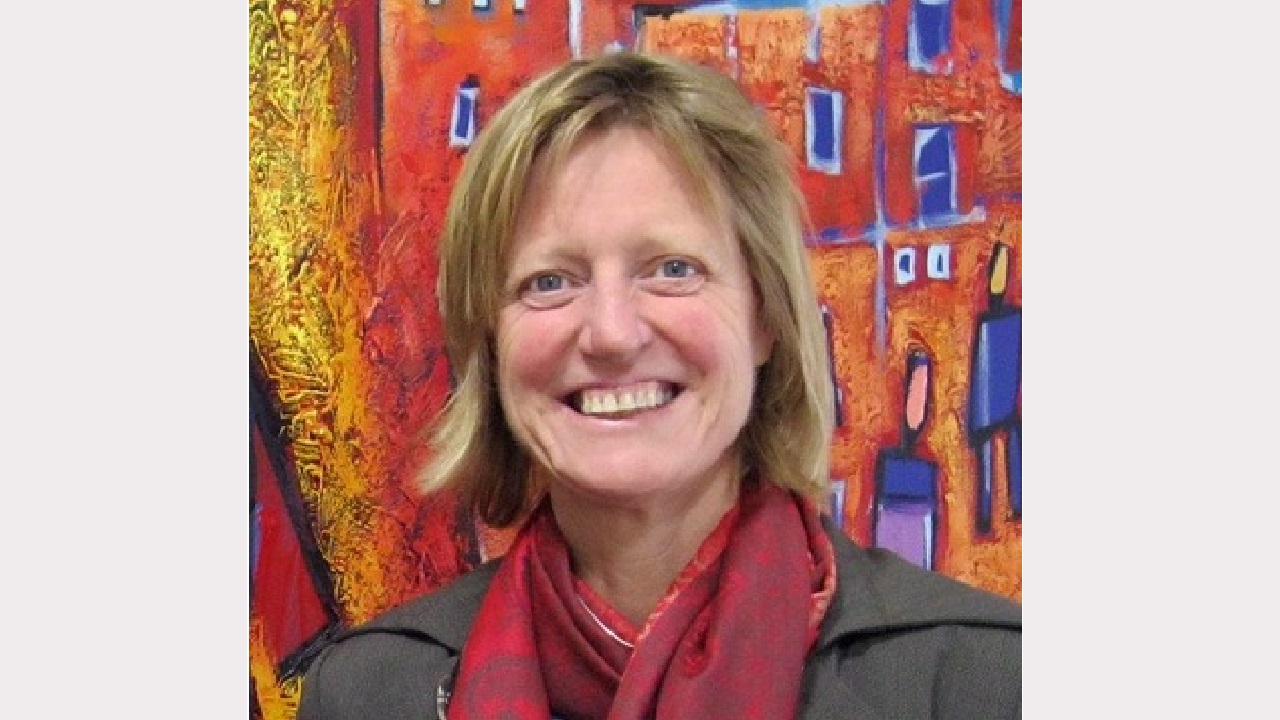Conversations critical in shaping how we live and die
Conversations critical in shaping how we live and die
by Associate Professor Jennifer Philip
Wednesday, January 27, 2016
Associate Professor Jennifer Philip is the Co-Deputy Director, Centre for Palliative Care and Deputy Director of Palliative Medicine, St Vincent's Hospital. In this article, originally published in The Age, she highlights the many benefits that can flow from quality conversations about what matters, in life and as we face death.
There are many ways we may choose to die. In the same way we make decisions about the type of life we lead, so too we should take the opportunity to shape how we might die.
I met Anne* soon after she received the devastating news that she had cancer. She had expected a gradual move into old age but now this was to be foreshortened into a few weeks. And worse, her aggressive form of cancer was at high risk of causing blockage of her airway. Surely potential suffocation was one of the worst possible things to face?
Anne came to the clinic with her grandson, John, a young man in his 20s. They sat quietly, tearful, hearing the news and the likely outcomes. Amidst all this awfulness, I asked her to consider what were the things most important to her now.
I saw her next the following week and she had obviously thought deeply and spoken at length over that time about her values for this time of her life. Her goals were modest, but at same time heroic. For Anne, the most important thing was to stay at her home of 52 years, the place where all the significant events of her life had unfolded.
This goal was heroic because if airway blockage occurred she would need a rapid response to prevent or stop the feeling of suffocation, and such a response was aimed at comfortable dying not longer living. We, Anne, John and I, spoke at length and put plans in place.
I saw her once more after that. She was a bit frailer but calm and comfortable with her decisions. She was no longer eating much, as swallowing was more difficult. She was still interested in the world around her, telling me with pride about her bumper tomato crop.
Anne died two weeks later. For her last five days, community palliative care nurses had visited her daily. She was calm. At one point towards the end she complained of feeling breathless, which settled when medication was given. She required little other medication, gradually drifted to sleep and died two days later.
John wrote to me later, describing his grandmother’s last days. He said they had always got on well, but that they had grown closer during this time. He said he would always be grateful for that time to ‘care for her’ as she died. ‘She taught me so much’, he wrote.
There are many ways to die. Anne showed courage in her approach and, yes, dignity, as she shared these final days with John and gave him the gift of allowing herself to be cared for.
We have the opportunity to die well. We also have an opportunity to shape and teach those around us as we die. To do this, we need to reflect on what is important to us at this time of life. Then we need to talk about this -- long and loudly. We need to talk with our family, our friends. We need to talk at dinner parties, at schools, at clubs. Who knows maybe at the tram stop? We need to talk as a community.
And we need to talk to health professionals about what our priorities are. They in turn need to talk to us realistically. They too, might be feeling hesitant. They don't want to upset us or destroy our hope. Yet this conversation is critical because we need to make sure that our medical care matches, and will help us achieve, what we think is important. And that might mean we choose an approach to care that does not result in us living longer but perhaps instead we can live more fully and according to our life plan.
For Anne, this meant she died in her chair with a view of her garden and in the care of John who she continued to love and teach about important things in life, right to her last day.
We all have the opportunity to shape the manner of our living and our dying. Let's begin to talk about this as a community in the rich and nuanced way that it requires.
The Centre for Palliative Care is hosting a free public forum next month to help start the conversation. Death Happens! So let’s talk about how we die, will be held at Deakin Edge, Federation Square, on Tuesday, February 23, from 6-8pm.
Hopefully, the forum will spark more considered conversations about death and dying and make it easier for all of us to talk to our loved ones about our values and wishes. You can register for the forum at www.centreforpallcare.org
*Not their real names
